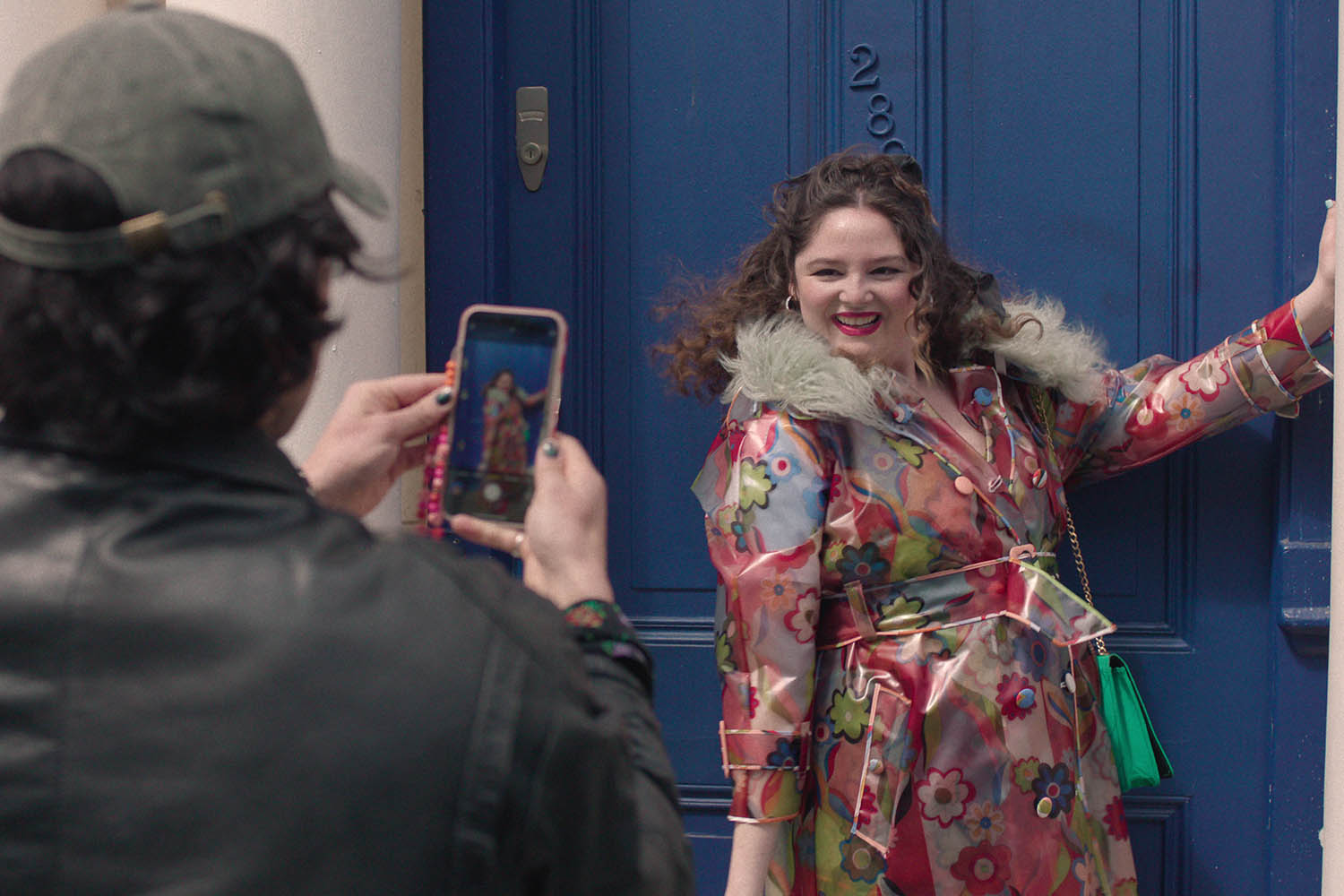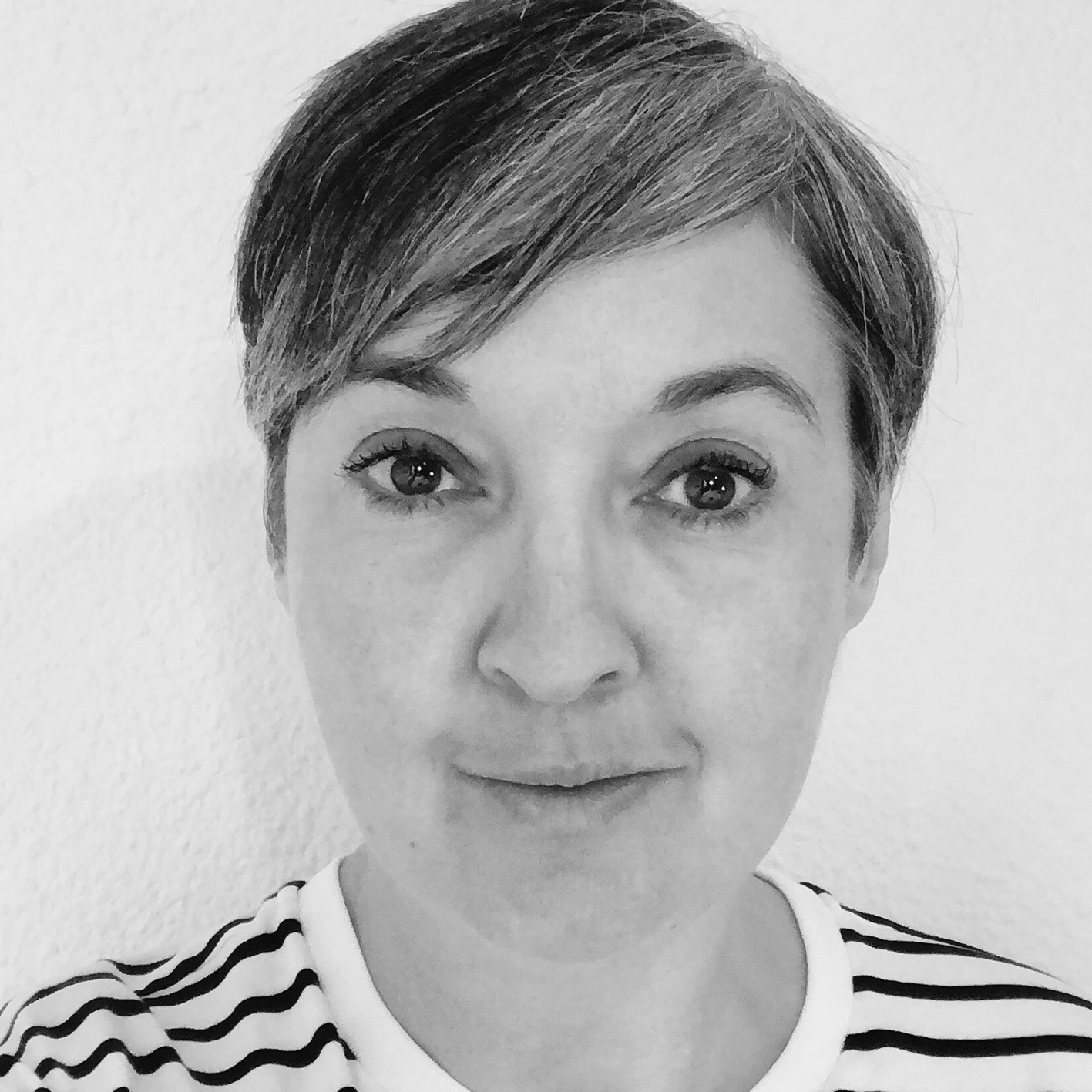Rarely have there been titles more fitting, more knowing, than the one that graces Lena Dunham’s new Netflix series. Too Much is, of course, slang for something being melodramatic or tough to tolerate, criticisms previously levelled at Dunham herself, creator of the 2010s hit sitcom Girls.
It’s also the name of a Spice Girls No 1: lead character Jessica (Megan Stalter) has seen the Spice World movie “nine times” and also adores stories set in “pastoral England”. She watches these, prostrate on the sofa, with her family, “an intergenerational Grey Gardens hell of single women and one hairless dog” (her wiseass sister, played by Dunham, twitchy mother played by Rita Wilson, and frisky grandmother played by the exquisite Rhea Perlman).
After a messy breakup, Jessica moves to London for a job in advertising, crestfallen that the Hoxton Grove estate, her new home, is not a country pile like Pride and Prejudice’s Pemberley, but stained ex-council housing in N1. No matter. Jokes about the cultural divide quickly mushroom (there’s a sparky opening montage where we’re shown Englishwomen can be like Sarah Lancaster in Happy Valley, repressed Brontë-like heroines, or sex workers with the “nicest hot cross buns in London town”) and our girl quickly finds a sensitive soul with bouncy Mr Darcy hair who wants to have sex with her. Phew!
Dunham’s much-anticipated 10-part romantic comedy is her first foray into TV after directing the first episode of Industry in 2020. It’s a story about being too much – messing up, getting older, struggling to fit in – but, paradoxically, it can feel over the top itself: laborious and exhausting.
The shock tactics used in Girls – unfiltered, breakneck patter, lots of lurid sex talk – seem a bit passé here. Yes, it’s funny to hear Jessica’s grandmother talk about her ex’s “erotic smell”, but incessant jokes about anal sex and Kosovan throuples feel like the work of a teenager clamouring for attention. Dunham’s characters speak in constant aphorisms, but Jessica’s lines ring out: “I’ve been working for people for 15 fucking years that wouldn’t care if I died.” She asks: “Would a man ever be told he’s a mess?” in a work meeting with a lower-league footballer who is launching his own line in denim.
It’s a story about being too much – messing up, getting older, struggling to fit in – but it is over the top itself
It’s a story about being too much – messing up, getting older, struggling to fit in – but it is over the top itself
Too Much is only “5% autobiographical”, Dunham has said, but you sense these lines must come from her own experience. She co-created the show with her musician husband, Luis Felber, who she met in London in 2021. Will Sharpe plays Jessica’s guitar-strumming love interest, Felix, who she meets in a bar. He walks her home later, without any discernible chemistry bubbling up between the two of them.
Sharpe, a brilliant, shapeshifting actor, writer and director, is as intriguing a screen presence as ever, but this role fits him awkwardly. His first sex scene with Jessica is also weirdly retrograde, going from clothes off to penetration in seconds – no glimmer of intimacy.
Sweeter moments are allowed to break through as their relationship progresses: I adored Felix’s love of Paddington Bear’s origin story and his soft-voiced “congratulations” as he passes a woman in labour in an NHS hospital corridor, dragging Jessica behind him.
But the England depicted throughout Too Much feels strangely careless: the characters are primarily privileged or posh, and the pedant in me hated that Jessica’s taxi trip from Heathrow to Hoxton passed by the London Eye and Buckingham Palace (admittedly, the North Circular isn’t as picturesque).
Still, the show is helped by Stalter’s charisma and the glittering A-list cast. It includes Richard E Grant (a Spice World alumnus, no less) as Jessica’s boss, Naomi Watts as his cut-glass, coke-snorting wife, and, bizarrely, DJ Don Letts, who hosts a terrible open mic called “Easy Come”. The series finds its heart in episode three, but by then, I felt overwhelmed – as the show’s title warned me all along.
Newsletters
Choose the newsletters you want to receive
View more
For information about how The Observer protects your data, read our Privacy Policy
Talking of A-list names, there are tons of them in Jaws at 50, an excellent Disney+ documentary marking a half century since the release of what is now considered to be the first summer blockbuster. It features an Oscar-like roll call of directors, including Jordan Peele, who saw Jaws aged 12 (“I was one of those people who, in a bath, would have a hard time not picturing a shark beneath me”), Steven Soderbergh (“I saw Jaws 31 times”) and Guillermo del Toro (who remembers “the whole theatre reacted, like a musical instrument”).
The archive footage is glorious – a clip from a Steven Spielberg home movie; fantastic news footage of snaking cinema queues (Jaws became the highest-grossing US film 78 days after its release).
We also delve into Peter Benchley’s 1974 novel, meet local people in Martha’s Vineyard who made up the cast, see the stunning work of the Jaws art department and explore connections to films that Spielberg, unbelievably, made in his twenties. (He memorably describes the tanker truck in his 1971 chase thriller Duel as a “leviathan of the highway”, while Jaws was a “leviathan of the sea”).
If you haven’t had enough jump-scares, try Arcadia on Channel 4, a fabulously shot Belgian-Dutch dystopian drama bought in to fill the hole left by The Handmaid’s Tale (thanks, guys). After a mysterious national catastrophe, “the dome attack”, everyone has been microchipped to maintain civil order and must keep up a score of more than 8.0. But someone has tampered with the code, and in episode one, a family is dramatically split apart.
The characters are well drawn and well acted: you quickly care about them deeply. Maarten Heijmans as Marco Simons, a regulator at the mysterious Shield, is a fabulous, complex villain, allowed to drink real milk, unlike his juniors, which he sips, then blithely throws away. The opener ends in a nameless, faceless horror.
Jude Rogers’s best of the rest…
(BBC Two)
Punchy documentary exploring the origin story of Live Aid. Revealing interviews with Red Cross nurse Claire Bertschinger and Ethiopian aid minister Dawit Giorgis sit alongside Bob Geldof, Bono and Sting.
(BBC Four)
After Miss Marple repeats, depressingly, led BBC Four’s Saturday night, we get live classical music from Austria on Sunday (below), with tenor Piotr Beczala singing arias from Carmen and Turandot.
(BBC Two)
Good old Auntie holds our hand as the temperatures rocket, telling us what’s practically happening to address the climate crisis this summer.
Photograph by Netflix

